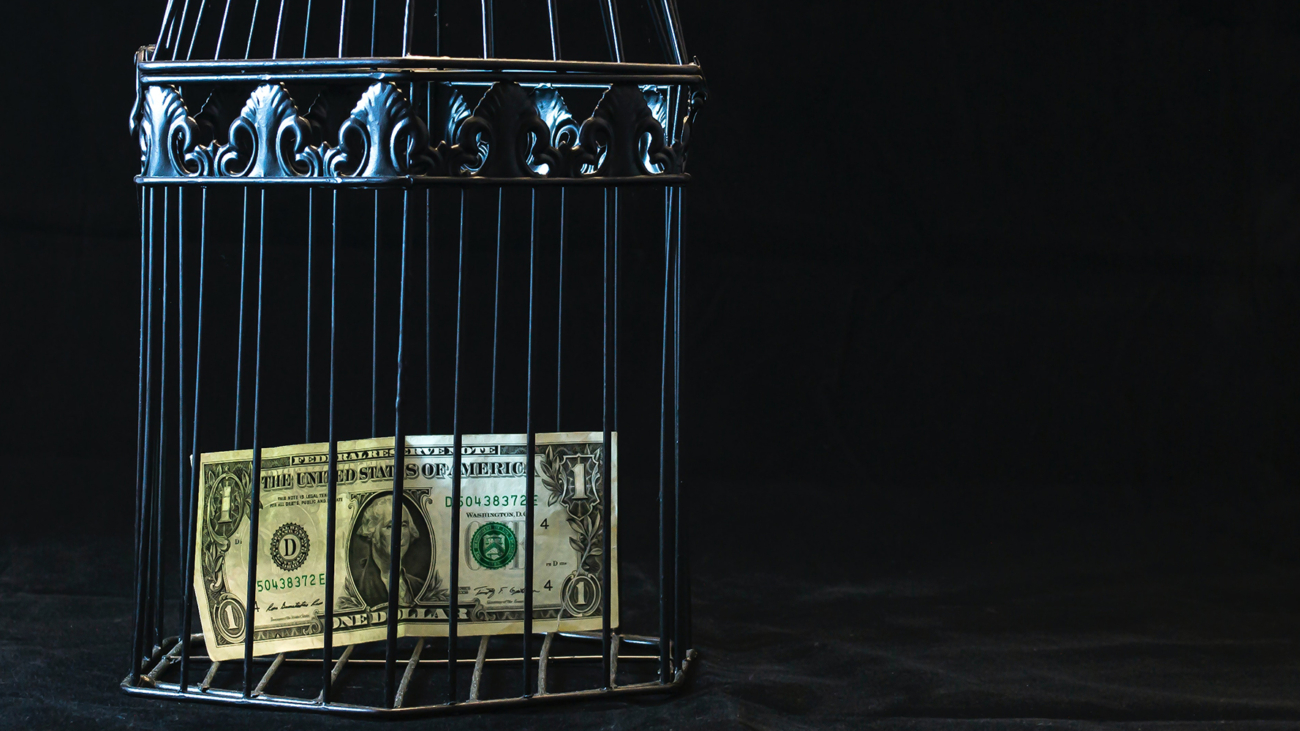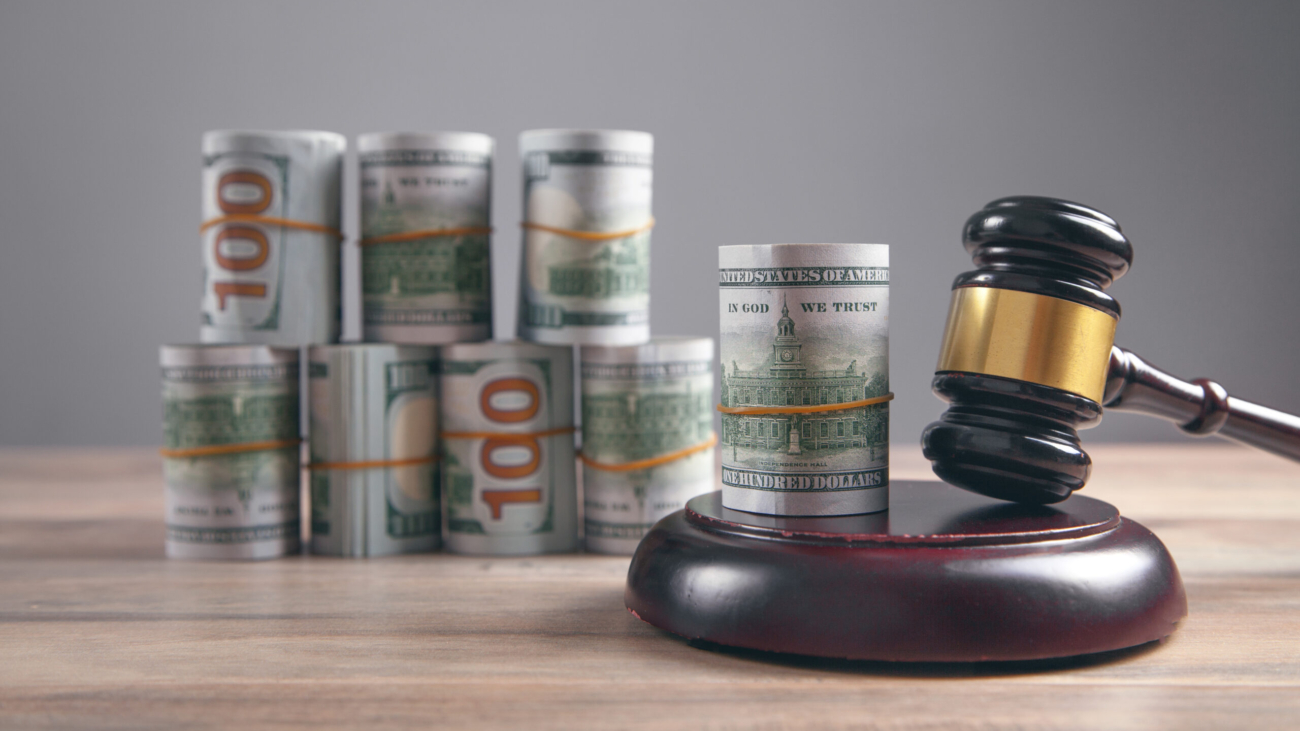United States v. Esquenazi: Eleventh Circuit Becomes the First Court of Appeals to Decide What Constitutes an “Instrumentality” of a Foreign Government Under the FCPA
Recently, the Eleventh Circuit became the first Court of Appeals to decide the question of whether an entity constitutes an “instrumentality” of a foreign government for purposes of the FCPA.
I. Facts
Two co-owners of a telecommunications company in Florida, Terra Telecommunications (“Terra”), purchased phone time from foreign vendors and resold minutes to customers in the United States. One of Terra’s main vendors was Telecommunications D’Haiti SAM (“Teleco”). Over time, Terra’s outstanding debt to Teleco increased based on previous agreements between the two companies. To relieve some of the debts they owed to Teleco, Terra sent monies to officers of Teleco. Later on, the two co-owners of Terra also made payments to a shell company owned by other Teleco officials.
II. FCPA Provisions Addressing “Instrumentality” of a Foreign Government
The anti-bribery provision of the FCPA specifically prohibits a “domestic concern” from:
“Making use of the mails or any means …of interstate commerce corruptly in furtherance of a bribe to “any foreign official,” or to any person, while knowing that all or a portion of such money or thing of value will be offered, given, promised, directly or indirectly to any foreign official…
For purposes of —-
influencing any act of decision of such foreign official …in order to assist such domestic concern in obtaining or retaining business for or with, or directing business to, any person.”
See 15 U.S.C. Section 78dd-2(a)(1),(3)
A “domestic concern” includes:
- Any individual who is a citizen, national, or resident of the U.S.; and
- Various business entities, e.g., partnerships, corporations, organizations, business trusts, so long as the business entity has its principal place of the business in the U.S. or is organized under the laws of the U.S. or a territory, possession, or commonwealth of the U.S., e.g., Puerto Rico.
See 15 U.S.C. Section 78dd-2(h)(1)(A)-(B)
A “foreign official” includes, among other things:
- Any officer or employee of a foreign government;
- Any department or agency of a foreign government; and
- Any instrumentality of a foreign government.
See 15 U.S.C. Section 78dd-2(h)(2)(A)
III. The Esquenazi Decision
A. Two Prong Test for “Instrumentality” in Esquenazi
The court upheld the Teleco owners’ convictions under the FCPA, reasoning that, the district court’s jury instructions with respect to what constituted an “instrumentality” of a foreign government were proper. The jury instructions in dispute were as follows:
To decide whether Teleco is an instrumentality of the government of Haiti, you may consider factors, including:
One, whether it provides services to the citizens and habitants of Haiti
Two, whether its key officers and directors are government officials or are appointed by government officials
Three, the extent of Haiti’s ownership of Teleco, including whether the Haitian government owns a majority of Teleco’s shares or provides financial support such as subsidies, special tax treatment, loans or revenue from government mandated fees.
Four, Teleco’s obligations and privileges under Haitian law, including whether Teleco exercises exclusive or controlling power to administer its designated functions
And, five, whether Teleco is widely perceived and understood to be performing official or governmental functions.
Terra contended that these instructions caused them to convict Terra simply based on the fact that Teleco was a government owned entity providing a service. The Eleventh Circuit disagreed finding that the instructions given to the jury did not mislead the jury or incorrectly state the law. The Court then established a two prong test for deciding whether an entity might constitute an “instrumentality” of a foreign government:
- First Prong – Whether the foreign government “controls” the entity
- Foreign government’s formal designation of that entity;
- Whether the government has a majority interest in the entity;
- The government’s ability to hire and fire the entity’s principals;
- The extent to which the entity’s profits, if any, go directly into the government fisc;
- The extent to which the government funds the entity if it fails to break even; and
- The length of time that these “indicia” have existed, e.g. the length of the government’s control over the entity.
- Second Prong – Whether the entity performs a function the controlling government treats as its own.
- Whether the entity has a monopoly over the function it provides;
- Whether the government subsidizes the costs associated with the entity providing services;
- Whether the entity provides services to the public at large in the foreign country; and
- Whether the public and the government of that foreign country generally view the entity to be performing a government function.
B. Deliberate Ignorance Instruction
At trial, the court instructed the jury that they may find that the co-owner knew that the payments to foreign officials that he was authorizing were illegal if they found that he deliberately avoided knowledge of the fact that payments to those foreign officials were unlawful. The government argued that such an instruction was proper since, as a financial executive, he was in a position to know the illegality of the payments he was making.
The Eleventh Circuit disagreed finding that there was no evidence showing that the co-owner deliberately avoided learning whether the payments were illegal. However, the court found he actually knew that the payments he was authorizing were illegal, and therefore, the faulty instruction amounted to harmless error.
C. Knowledge that a Bribe Would Be Passed Along to a Foreign Official
At trial, the Court specifically instructed the jury that they can only find the defendant’s guilty if they knew – had actual knowledge– that bribe or thing of value would ultimately reach the hands of a foreign official. The Eleventh Circuit specifically approved of this instruction.
D. Sentencing
The federal sentencing guidelines provide for a 16 level enhancement if the value of the benefit received or to be received in return for a bribe is more than $1 million but less than $2.5 million. See U.S.S.G. Section 2B1.1(b)(1). Defendants argued that this enhancement did not apply to them, individually, when the value of the benefit received by Terra (the corporation) exceeded $1 million. The Eleventh Circuit found that defendants waived this argument since they did not raise it at sentencing and, instead, argued that a lesser enhancement was warranted to maintain parity with their co-defendants who pleaded guilty.
IV. Potential Impact of the Decision
Haiti Teleco was an easy case for the court to decide since history demonstrated that the Haitian government controlled telecommunications and telecommunications was widely viewed as a service provided by the Haitian government . Undoubtedly, there will be closer cases where a more thorough application of the Esquenazi factors will be required and the two prong test outlined in Esquenazi raises several important questions:
- Will the Department of Justice and the Securities Exchange Commission apply the factors listed in the Esquenazi two part test?
- How will the factors listed in the Court’s two prong test impact businesses operating in certain industries, and their behavior, e.g., oil, mining, pharmaceuticals, health care, and banking?
- Will government attorneys, or U.S. and foreign regulators treat formal declarations from a foreign government that an entity is not performing a function of that foreign government as prima facie evidence that the entity is not an instrumentality of a foreign goverment for purposes of the FCPA?
- Does this two prong test validate the Department of Justice’s current interpretation of sovereign wealth funds (SWF’s) as “instrumentalities” of foreign governments? If so, how will this affect private investment firms’ (private equity and hedge funds) decisions to obtain investments from SWFs?
The decision also underscores the limitations of a deliberate ignorance instruction with respect to corporate executives. While Esquenazi held that the deliberate ignorance instruction was harmless error because the defendant actually knew about the illegal payments he was authorizing, the court also rejected the premise for that instruction. Indeed, the government seemed to argue that, because defendant was a corporate executive of Teleco, he should have known that the payments that he was authorizing were unlawful. Put simply, the government argued that the deliberate ignorance instruction was proper because knowledge may be imputed to the defendant based on his position as a corporate executive. Fortunately, the Eleventh Circuit recognized that, permitting a jury to find FCPA liability under this quasi-responsible corporate officer theory was problematic.
Equally as important, the decision illustrates that, if a corporate executive gives something of value, e.g. a charitable contribution, which ultimately reaches the hands of a foreign official, then the corporate executive must actually know that the contribution will reach that official to be liable under the anti-bribery provisions of the FPCA.
In sum, individuals and companies operating in high risk industries or countries with lax anti-corruption laws, or both, should be aware of the Esquenazi decision and should evaluate whether, and to what extent, the decision might impact future business arrangements and investment decisions.
 Global Investigations Review Covers Feldman Firm Client in Odebrecht Money Laundering Case
Global Investigations Review Covers Feldman Firm Client in Odebrecht Money Laundering Case



